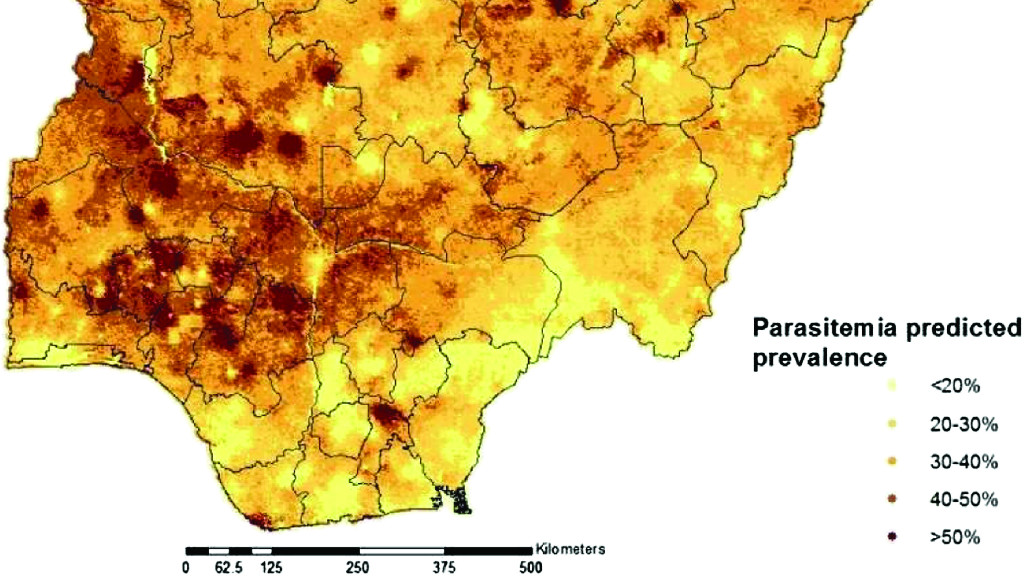Group | Bayesian Modelling and Analysis

The Bayesian Modelling and Analysis group carries out research in advanced statistical modelling and Bayesian computation. The main thematic areas of our research are spatio-temporal modelling and forecasting, modelling of multivariate data, including prediction of model uncertainty.
Spatio-temporal modelling is a focal research area of the group. It involves developing data-driven statistical methods and applications for malaria, neglected infectious diseases, cancer and mortality to obtain spatially explicit estimates of disease exposures and its associated burden, assess determinants of the space-time disease distribution and project disease dynamics.
Selected Projects
Latest Publications
All PublicationsAlidou S et al. Risk factors associated with urogenital schistosomiasis: a multilevel assessment approach using an Oversampling Schistosomiasis Survey (SOS) community-based, Plateaux region, Togo 2022. BMJ Public Health. 2025;3(1):e001304. DOI: 10.1136/bmjph-2024-001304
Isaiah P.M, Nyawanda B, Okoyo C, Oloo J.O, Steinmann P. Schistosomiasis status and health impact in preschool-aged children in hard-to-reach areas and populations of Homa Bay County, Kenya. Acta Trop. 2025;261(107511). DOI: 10.1016/j.actatropica.2024.107511
Isaiah P.M, Nyawanda B, Okoyo C, Steinmann P. Kato-Katz versus urine POC-CCA for the diagnosis of Schistosoma mansoni in preschool-aged children in Homa Bay County, Kenya. Parasitol Res. 2025;124(2):25. DOI: 10.1007/s00436-025-08467-3
Nyawanda B.O. Bayesian spatial-temporal modelling to assess the impact of climate variability and control interventions on the burden of malaria in Kenya. Basel: Univ. Basel, 2025. Doctoral Thesis, University of Basel, Faculty of Science DOI: 10.5451/unibas-ep96881
Plass D et al. Estimating the environmental burden of disease resulting from exposure to chemicals in European countries - potentials and challenges revealed in selected case studies. Environ Res. 2025;269:120828. DOI: 10.1016/j.envres.2025.120828
 Alexandros Angelakis
Alexandros Angelakis
 Anton Beloconi
Anton Beloconi
 Erik Boros
Erik Boros
 Bryan Nyawanda
Bryan Nyawanda
 Penelope Vounatsou
Penelope Vounatsou